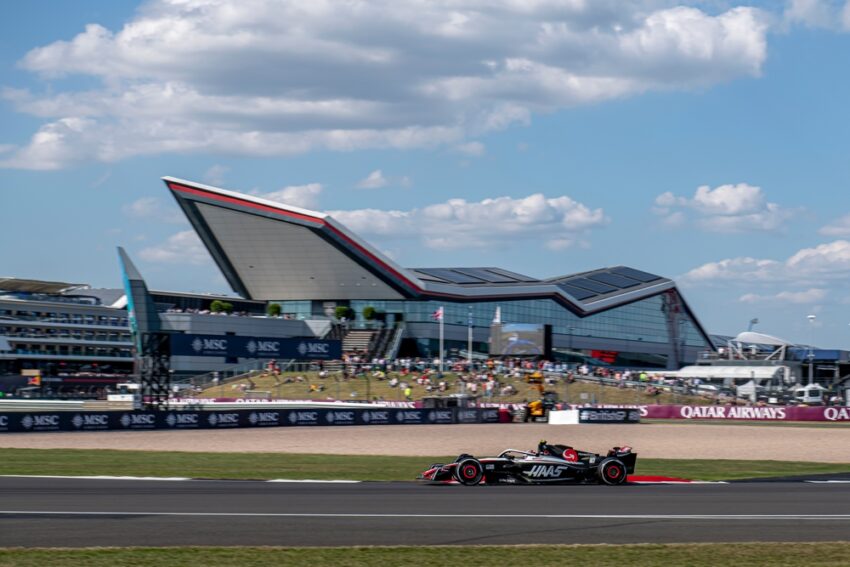
As crowds descend on Silverstone this weekend for the sold-out British Grand Prix, the spectacle of F1 masks a much deeper economic and technological engine humming beneath the surface.
With more than 480,000 fans expected through the gates and 160,000 in attendance on race day alone, the UK’s flagship motorsport event is a major draw. But its broader significance lies in its role at the centre of a world-leading ecosystem that blends motorsport, high-performance engineering, and cutting-edge innovation.
According to a report by the Motorsport Industry Association and Grant Thornton, motorsport and engineering services contributed £16 billion to the UK economy in 2023 and employed over 50,000 people. The Formula 1 supply chain itself comprises 4,500 companies, many located in a region dubbed “Motorsport Valley”, nestled between Oxford and Cambridge.
Ten of the eleven teams set to compete in the 2025 F1 season will be based in the UK, with Cadillac F1 and Audi F1 joining next year and establishing operations on British soil.

The spin-off impact of the industry goes well beyond the track. Technologies developed for Formula 1 are now being applied in hospitals, airports, and building sites. For instance, McLaren’s performance data systems are helping Heathrow improve traffic flow, while kinetic energy recovery systems born in F1 are now reducing emissions on London buses.
Dumarey Flybrid, based near Silverstone, developed a flywheel power system for building sites—a technology originally honed for F1. Wirth Research, once focused solely on aerodynamics for race cars, now applies its expertise to energy-saving supermarket chillers.
This culture of innovation is being nurtured by organisations such as the Silverstone Technology Cluster, founded in 2017, which supports engineering, software, and advanced manufacturing businesses rooted in the motorsport sector.
Dan Keyworth, Director of Business Technology at McLaren Racing, says technology is now a major battleground in Formula 1. “For every pound we spend on the car, we spend a pound on tools, methods and technology,” he told TechRadar.
Even amid challenges—such as supply chain disruption, the shift to hybrid cars, and job cuts at firms like McLaren during Covid—Britain’s motorsport sector has remained a globally competitive force.
McLaren Racing posted £431m in revenue and £30.4m in profit in 2023, while its parent company was majority-acquired by Bahrain’s sovereign wealth fund Mumtalakat last year. The group, which includes McLaren Automotive, employs thousands in the high-performance vehicle manufacturing sector.
Luxury performance brands such as Aston Martin and Morgan—while representing just 4% of UK car production—account for 12% of its total value and support 15,000 jobs, according to the Society of Motor Manufacturers and Traders.
While Lando Norris and George Russell chase home glory this weekend, and Lewis Hamilton seeks a record 10th British Grand Prix win, the bigger victory is economic. Formula 1 remains one of the UK’s most valuable—and least visible—industrial success stories, powering far more than race day headlines.
Read more:
The real Formula 1: British Grand Prix highlights UK’s £16bn motorsport economy

